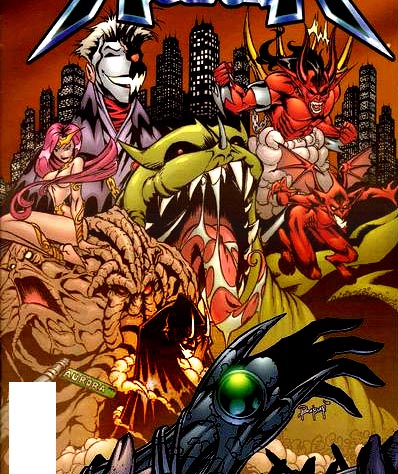
Unbelievable, isn’t it? Pride has that power.

Lucifer’s name means “light-bearer” and he was the greatest creature God ever created, second in glory only to Him. It entered the universe when a certain high-ranking angel named Lucifer decided that being second to God just wasn’t enough and declared, “Non serviam.” “I will not serve.” It changed the course of history forever. Pride is the act of placing oneself on a higher pedestal than one deserves and-in its worst forms-on a higher pedestal than God. Thomas’s discussion of the matter (II-II:162:7), is the root of all sin, and it certainly does have-uh-pride of place among the Deadly Seven. Pride, according to the Book of Sirach (10:15) and St. Having assessed the gravity of this sin of anger, the priest can now offer a suitable penance and give absolution. It’s a sin, but not as serious as other sins of anger. That sort of fraternal abuse would, yes, be the result of anger. Maybe you yelled at your brother for taking the last cookie. That’s why he’ll probably ask what you specifically did. The priest requires a certain amount of specificity in order to understand the nature and gravity of the sin so that he can give you absolution and a penance. That’s because you gave him a category rather than a specific act. To put it in practical terms, if you went to Confession and told the priest that you’d committed the sin of anger, that probably wouldn’t be enough information for him. Thomas says, “The capital vices are those which give rise to others, especially by way of final cause” (Summa I-II 84:4).

They are, rather, the seven human vices from which all individual sins spring. One brief point must be made to properly understand the Deadly Sins: they are not the seven “worst” sins per se.


 0 kommentar(er)
0 kommentar(er)
